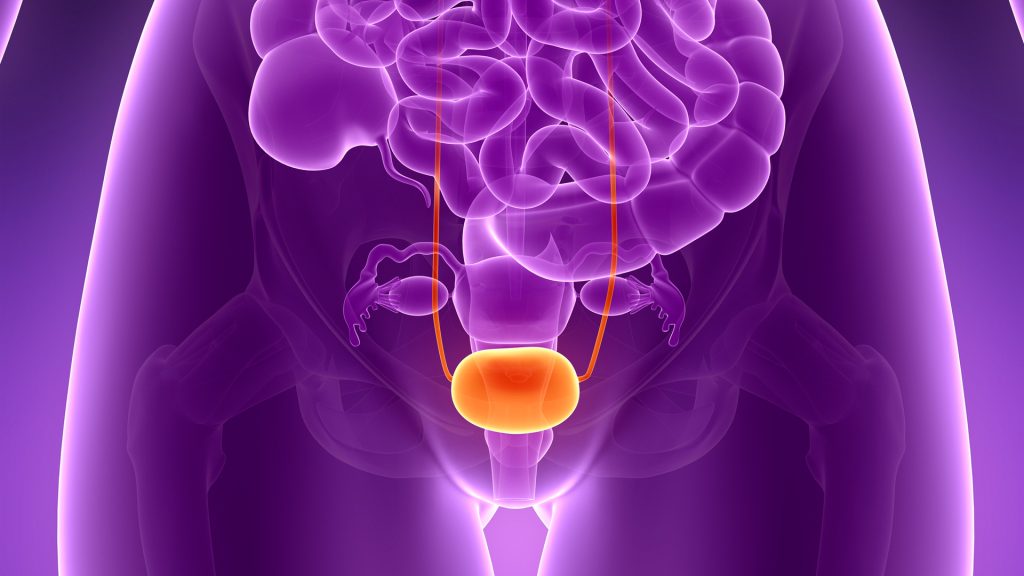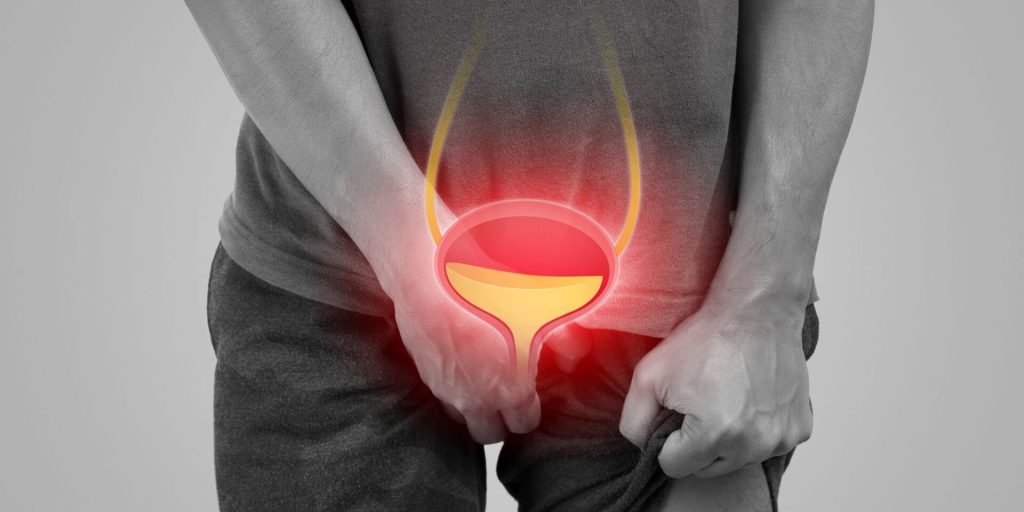Most people urinate around six to seven times per 24 hours — assuming they drink roughly two litres of fluid daily.That is considered a normal baseline. It’s what many health professionals, including those from the UK’s Bladder & Bowel Community, suggest. But normalcy has a range. If you pee only four times or up to ten times in a day, that can still be perfectly healthy depending on your individual situation.
When You Might Have a Problem
So when does frequent urination become concerning? If you find that you’re going far more often than “six to seven times,” or you can’t sit through a full movie without feeling the urge to run to the restroom, it may be a sign of an overactive bladder.
Symptoms of an overactive bladder include:
- A strong, sudden urge to urinate, often before you can reach a toilet.
- Involuntary leakage of urine.
- Frequent trips to the bathroom even when your bladder isn’t full.

Factors That Influence Urination Frequency
It’s not just about the bladder itself — many things affect how often you need to pee:
- Fluid intake: How much you drink (water, coffee, alcohol, etc.) plays a big role.
- Medications: Some medications—especially diuretics (water tablets)—increase urine production.
- Diet and lifestyle: What you eat, your habits, and your daily routine can make a difference.
- Age: Children tend to urinate more frequently than adults. Older age can also bring changes in bladder and kidney function.
When to Speak to a Healthcare Professional
If your urinary habits are affecting your life, it’s worth consulting a doctor. Here are some warning signs:
- You are getting up many times at night to urinate.
- You are experiencing discomfort, pain, or leaks.
- Bathroom visits are starting to control your schedule or social life.
To help the doctor, you might try tracking your habits for a few days ahead of the this appointment: note how often you go, how much you drink and urinate, whether there’s any urgency or leakage, and if there’s discomfort.
Bottom Line
For most healthy adults drinking about two litres of fluid daily, peeing six to seven times in 24 hours is typical. But anywhere between four and ten times can still be fine — it all depends on your fluid intake, age, medications, diet, and whether there’s urgency or discomfort involved. If you notice your bladder is dictating your day-to-day life, don’t ignore it — a healthcare professional can help figure out what’s going on.

Conclusion
Many people are surprised to learn that their bathroom habits can reveal important clues about their overall health. A sudden change in urination frequency — whether you are going much more often or far less than usual — can sometimes point to underlying issues such as dehydration, urinary tract infections, or even our hormonal imbalances. Paying attention to the colour and smell of your urine can also be helpful, as it often reflects hydration levels. Pale yellow colour usually means you are well-hydrated, while dark or strong-smelling urine might be a sign you need more fluids or a medical check-up.

















